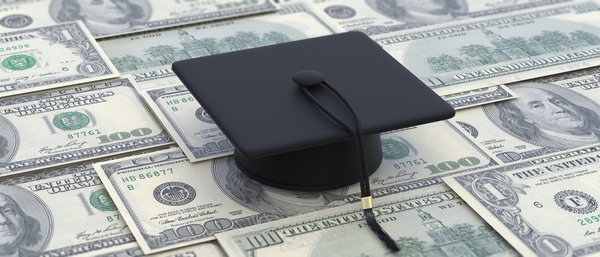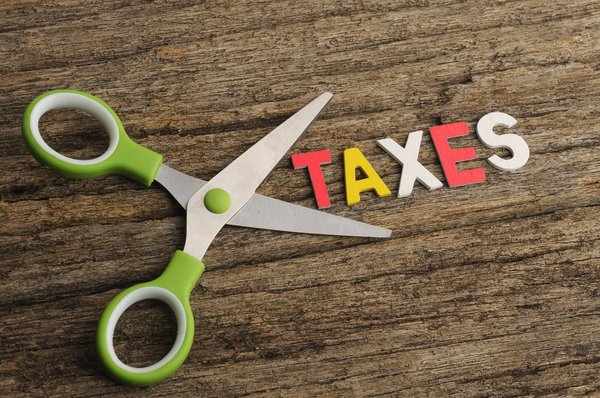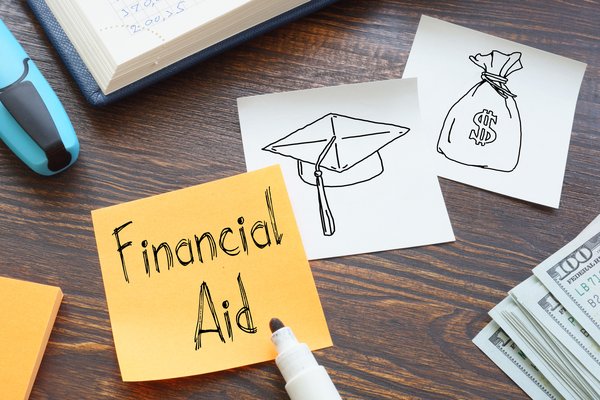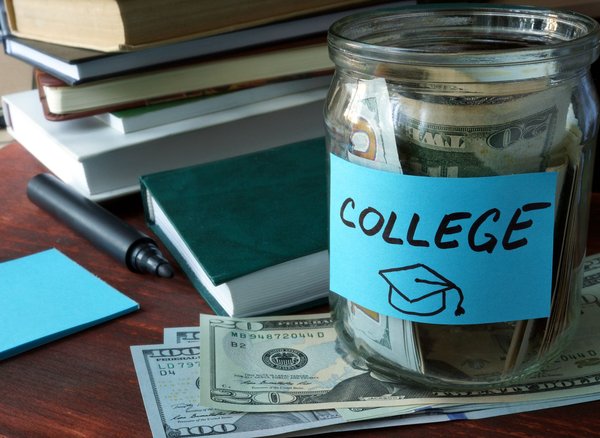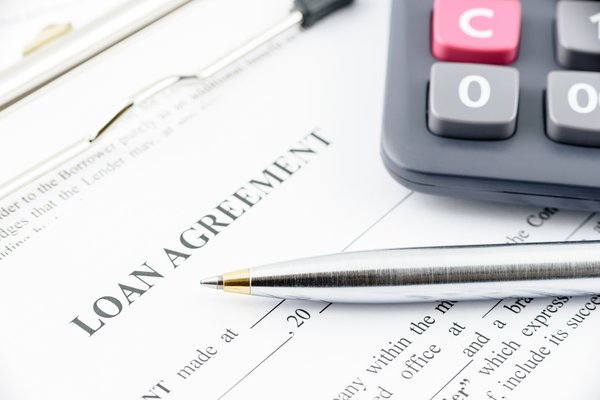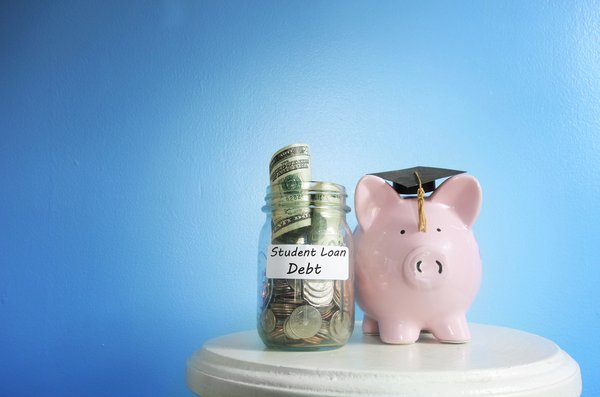Are you facing the prospect of retiring with student debt? If so, you're not alone. Around 43.6 million Americans have some level of student debt. Of those, roughly 2.7 million are ages 62 and older, according to the U.S. Department of Education's Office of Federal Student Aid. And the number of individuals in this age group with student loans has increased in recent years. In this article, we'll explain how to deal with student loan debt during your retirement years.

Understanding student debt and retirement
Understanding student debt and retirement
Don't think that you won't be able to retire because of your student loans. You can retire and pay off your student debt.
However, some individuals with student debt might want to consider waiting until their full retirement age to file for Social Security benefits. Working longer will help many Americans make more money each month than they'll make in retirement. Waiting until you reach your full retirement age instead of retiring early will definitely boost your monthly Social Security benefit, which will give you additional money to help pay off your student loans.
If your health prevents you from working until your full retirement age, file for Social Security disability benefits. You'll receive the same benefit amount as you would when you reach your full retirement age.
If you haven't retired yet, it's important to continue investing for retirement while paying off your student loan debt. If you have a 401(k) plan through your employer, that's a great way to build your retirement fund. If not, though, there are other ways to save for retirement. Remember to save for unexpected emergencies as well.
How to pay off student loans in retirement
There are three key tips to know about paying off student loans when you're retired:
Understand your options
1. Understand your available options
Arguably the most important thing to do is to understand what options are available to you in repaying your student debt. It's possible that you could lower or even eliminate your student debt in some cases.
Federal income-driven student loan plans have debt forgiveness provisions after specified repayment periods. For example, if you have a Revised Pay As You Earn (REPAYE) loan, your remaining debt will be forgiven after 20 years if the loan was for undergraduate study or after 25 years for graduate-level study.
REPAYE loans are being replaced with a new program called the Saving on a Valuable Education (SAVE) Plan. If you're single and have an adjusted gross income of $32,800 or less, you won't have to repay your federal student loans. The threshold increases to $44,370 if there are two people in your household. Note, though, that the amounts are higher in Alaska and Hawaii.
Even if you make more than these thresholds, you could still save money. The Office of Federal Student Aid estimates that borrowers with greater earnings will still pay at least $1,000 per year less on student loans than they would with current income-driven repayment plans.
It's possible that other student loan plans could be available in the future. Make sure you check out all of your alternatives.
Explore refinancing
2. Explore refinancing or loan consolidation
The SAVE Plan only applies to federal student loans and not private student loans. If you're retired and have a private student loan, explore the possibility of refinancing your loan to obtain a lower interest rate.
If you have multiple loans that include at least one student loan, you can also look into the possibility of consolidating your loans. Keep in mind, though, that loan consolidation can sometimes make paying off your loan take longer.
Stick to a budget
3. Set a budget and stick to it
Once you've taken the first two steps, you should know exactly how much you'll owe each month on your student loans. Create a monthly budget that includes your student loans as well as all of your other expenses. Prioritize repayment of your student debt ahead of non-essential expenses such as eating out. After you've set your budget, stick to it.
Related investing topics
The bottom line
You absolutely can deal with student loans while retired. Options could be available to help you reduce or, in some cases, eliminate your student debt. Even if not, exercising discipline over your finances will allow you to repay your student loans and enjoy your retirement.
Student debt in retirement FAQs
What happens to student loan debt when you retire?
You won't receive any special benefits related to your student loan debt when you retire.
Can my student loans be forgiven if I'm retired?
Your student loans won't be automatically forgiven when you retire. However, it's possible that the length of your repayment period could qualify you for student loan forgiveness under some federal student loan plans.










